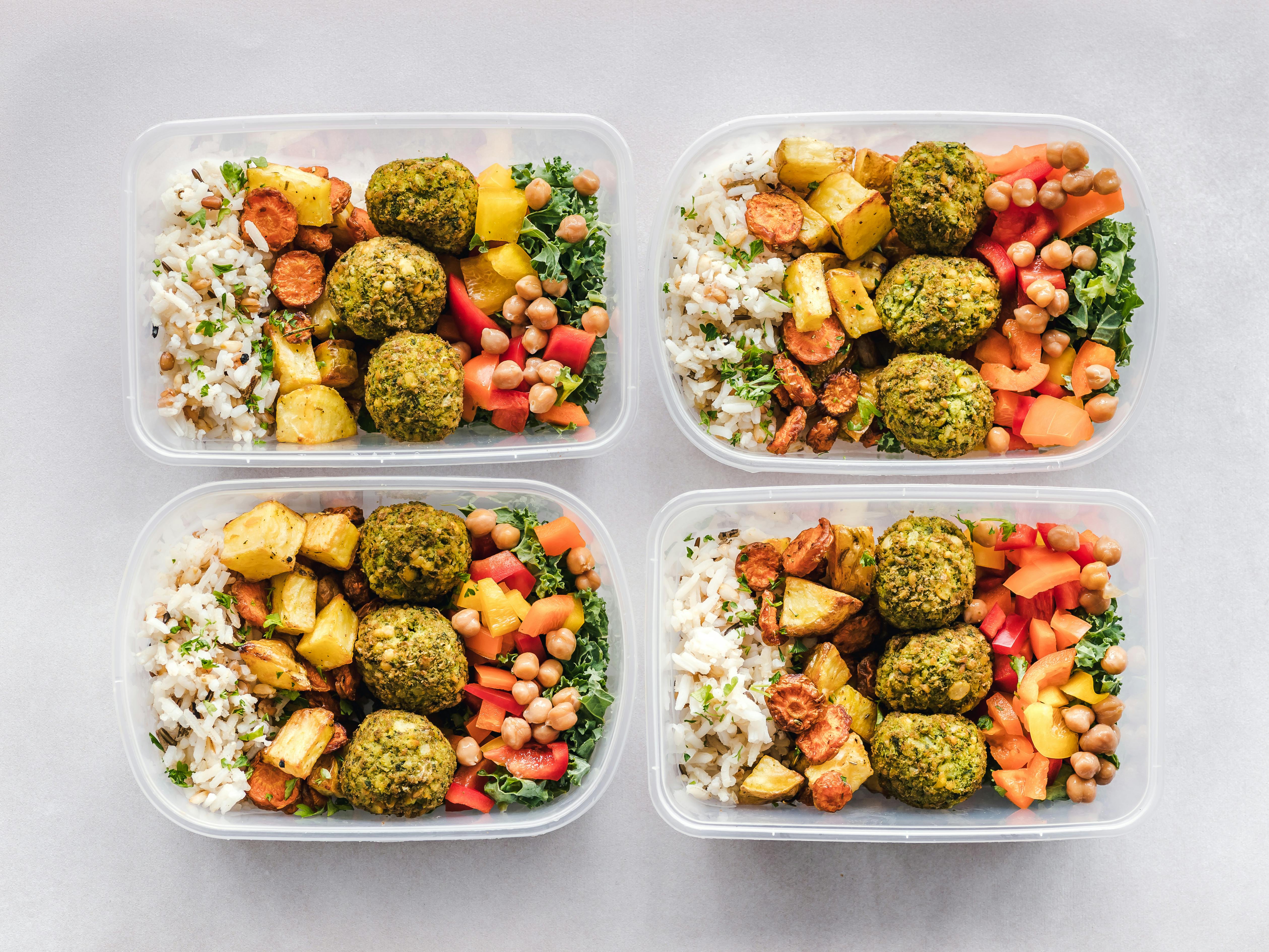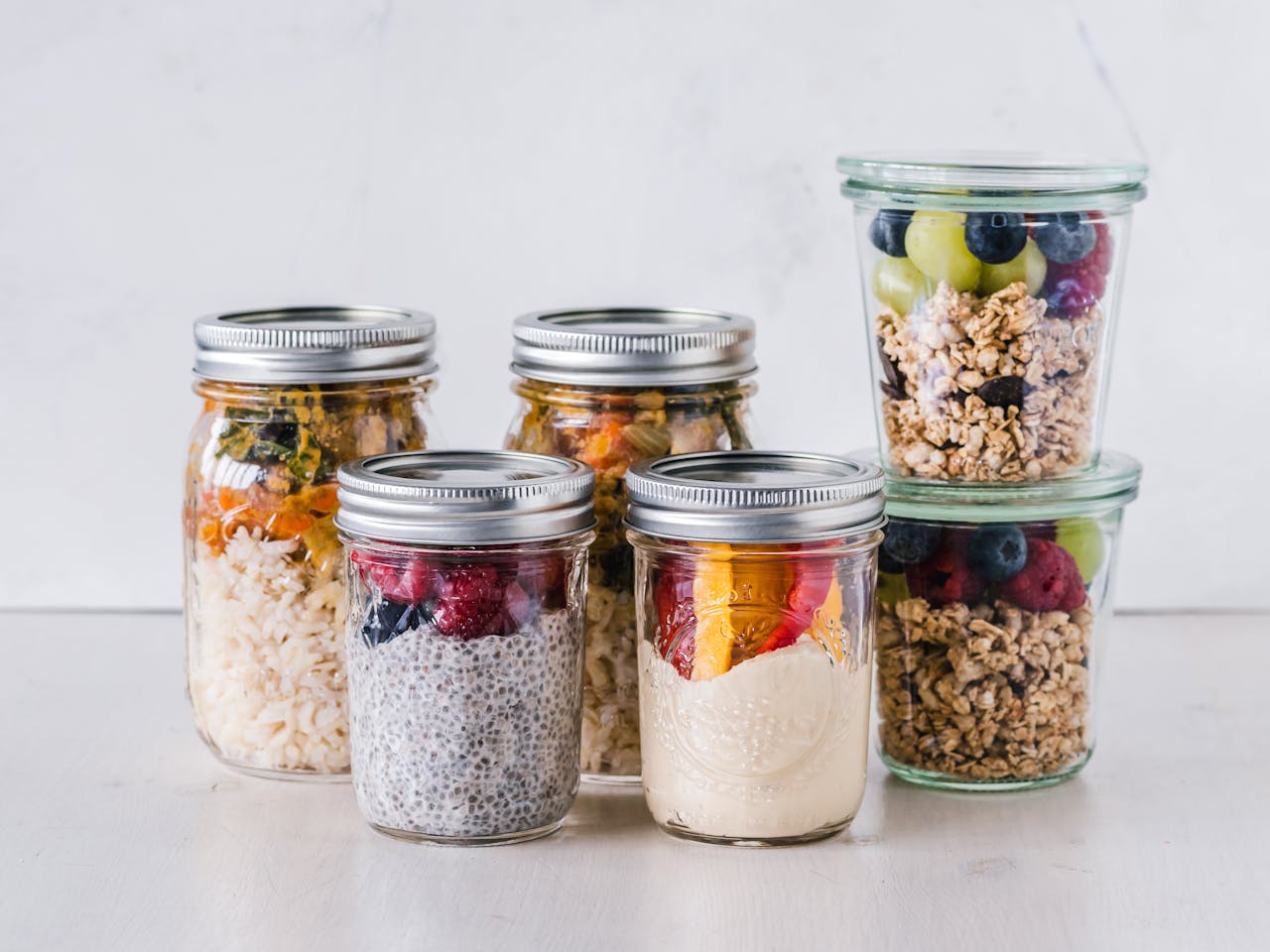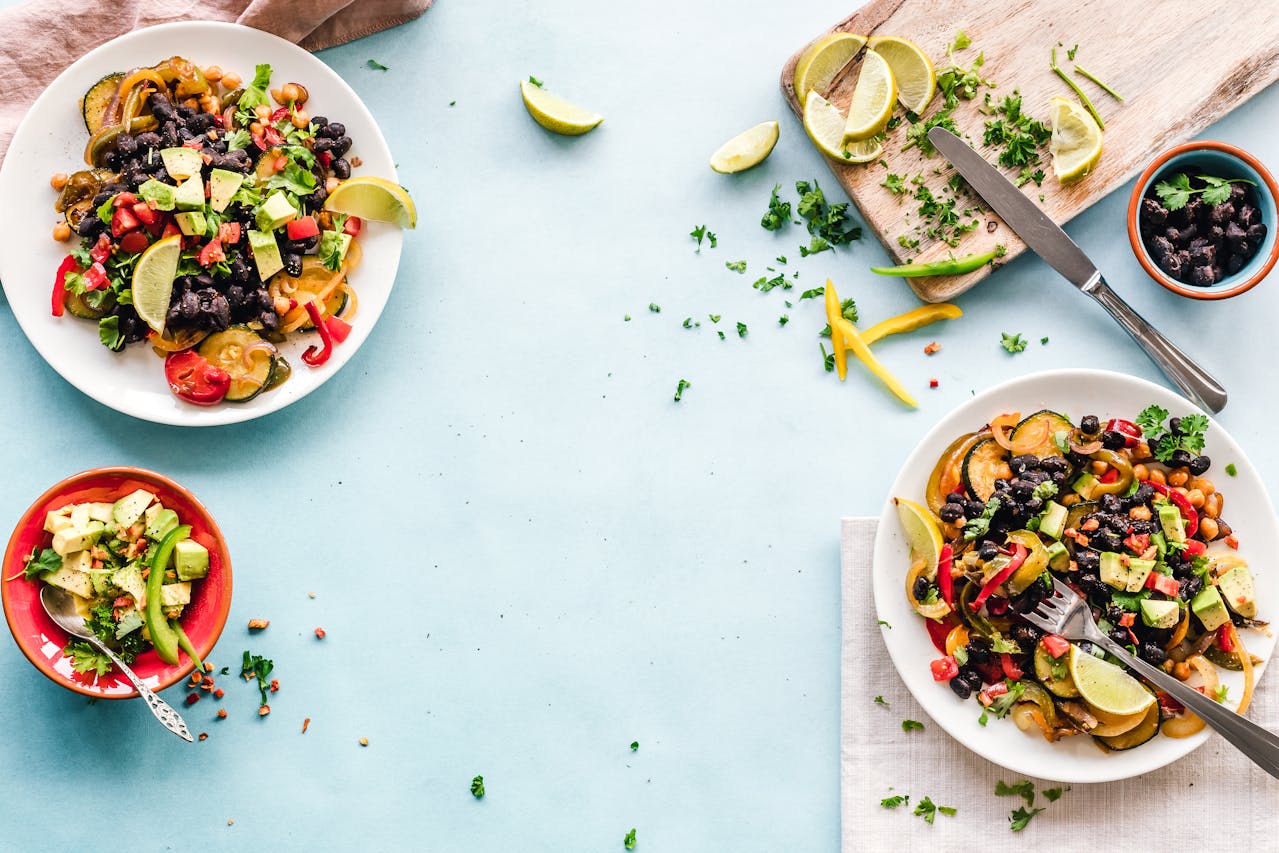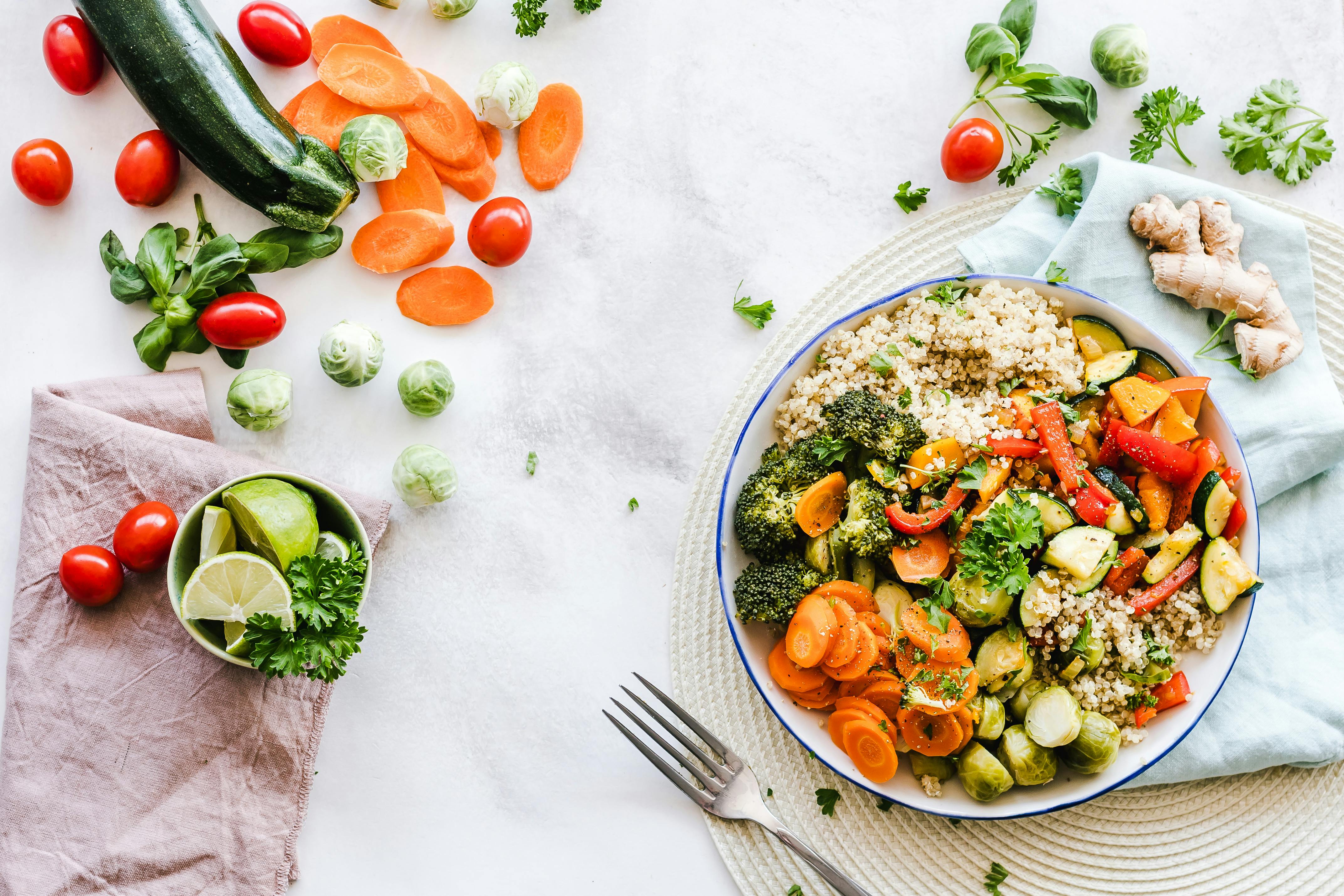Planning your weekly meals can be a creative and empowering process. It brings peace of mind, helps manage time and resources efficiently, and eliminates last-minute meal stress. When you prepare each dish in advance, you not only save money but also maintain a positive mindset—no more chaotic fridges or wondering what to cook. A thoughtfully crafted menu introduces variety, encourages culinary exploration, and maximizes the benefits of your favorite foods.
Core Principles and Planning Goals
Before grabbing a pen or diving into recipe books, consider these foundational principles for your weekly menu:
- Variety: Include different food groups to ensure a balanced intake of essential nutrients.
- Seasonality: Choose fruits and vegetables that are in season—they taste better and are more nutritious.
- Affordability: Keep your budget and the availability of ingredients in mind.
- Enjoyment: Meals should be satisfying—add your favorite flavors, textures, and spices.
- Ease of Preparation: Opt for meals that are quick to make or can be prepped in advance, especially if your week is busy.
Understanding Food Preferences
Start by considering the preferences of everyone you’re cooking for. Make a list of favorite meals and ingredients—maybe your kids love pumpkin soup, and you’re a fan of veggie stir-fry noodles. Identify go-to meals you'd like to repeat weekly and gather recipes that fit different times of day.
When cooking for multiple people, have a quick discussion to understand:
- Who prefers light versus hearty breakfasts
- Favorite vegetables, grains, and proteins (fish, meat, legumes, etc.)
- Allergies or intolerances (gluten, dairy, etc.)
- Preferred meal formats: full family lunches or casual weekend buffets
This helps ensure the menu includes something for everyone.
Building Blocks of a Balanced Diet
A truly balanced diet includes the following three core groups:
- Carbohydrates: Your energy source—grains like rice, oats, and buckwheat; whole grain bread; potatoes; legumes.
- Proteins: Essential for body repair and function—legumes, lean meats, poultry, fish, eggs, and dairy.
- Fats: Vital for cell health—found in nuts, seeds, avocados, and vegetable oils.
Don’t forget micronutrients like fiber, vitamins, and minerals. Base every meal on a colorful mix of vegetables, fruits, and herbs. Aim to include at least two types of vegetables per meal—for example, roasted carrots with broccoli or a fresh tomato and cucumber salad.
Creating a Smart Grocery List
Once your meals are planned, it’s time to write your shopping list. Organize it by category for convenience:
- Fresh fruits and vegetables
- Grains and whole wheat pasta
- Meat, poultry, and seafood
- Dairy products and eggs
- Nuts, seeds, oils
- Spices and seasonings
- Snacks and beverages
Check what you already have at home to avoid overbuying. You can jot your list down or use a grocery app for easier tracking.
Structuring Meals by Day
Now comes the fun part—planning each day’s meals! Here are some practical tips:
- Start your week with lighter meals: veggie soups, fresh salads with grilled chicken or fish.
- Midweek meals should be more filling: think stews, roasted vegetables, or hearty lasagna made with whole-grain pasta.
- Don’t skip breakfast: whether it’s a warm omelet with herbs, yogurt and granola, or a wholesome sandwich.
- Weekends are perfect for treats: pancakes with berry syrup, baked apples, or homemade veggie pies.
Here’s a sample weekly menu:
- Monday: pumpkin soup, grilled chicken with bulgur, carrot and cabbage salad
- Tuesday: oatmeal with fruit, veggie stew with beans, baked fish and broccoli
- Wednesday: avocado toast with eggs, buckwheat and beef, beet salad with walnuts
- Thursday: spinach-banana smoothie, grilled tofu with rice, seasonal vegetable mix
- Friday: cottage cheese with berries, pasta with tomatoes and chicken, cucumber herb salad
- Saturday: homemade cheesecakes, veggie patties (eggplant, zucchini), fruit salad
- Sunday: mushroom omelet, baked turkey with potatoes, roasted vegetables
Embracing Seasonal and Local Ingredients
Seasonal foods are fresher, tastier, and better for the environment. Spring brings leafy greens, radishes, and asparagus. Summer is perfect for tomatoes, berries, and zucchini. In autumn, explore pumpkins, beets, and broccoli. Winter offers hearty choices like citrus, cabbage, and root vegetables.
Visit local farmers' markets to find high-quality, additive-free products—and stock up on preserves or frozen goods to last through the season.
Meal Prep and Storage Tips
Use the “batch cook and store” strategy: prepare multiple portions of dishes at once and store them in airtight containers to save time during the week. Cook grains, grill proteins, and portion out stews for upcoming meals.
Storage best practices:
- Cool cooked food before refrigerating
- Use glass or BPA-free containers with secure lids
- Label with the preparation date
- Freeze leftovers like soup or stew for later use
Staying Flexible with Your Menu
Life happens—so even the best plan may need tweaking. Keep a few staples on hand like eggs, frozen veggies, yogurt, and bananas to quickly whip up a meal or snack.
Don't stress about sticking rigidly to your schedule. If you’re not in the mood for soup on Wednesday, swap it with another day’s meal. The key is keeping variety and nutritional balance intact.
Quick and Helpful Tips
- Use fresh herbs and spices—basil, rosemary, turmeric—for rich flavors without extra effort
- Try different cooking methods: roasting, steaming, grilling, sautéing
- Balance your plate visually: mix colorful ingredients for both appeal and nutrition
- Add seeds or nuts for texture and healthy fats
- Reuse ingredients in multiple recipes to avoid waste
Conclusion
Creating a weekly meal plan isn’t just a task—it’s a journey into flavor, creativity, and well-being. A thoughtful routine will save you time, ease stress, and enhance your enjoyment in the kitchen. Embrace flexibility, experiment with seasonal ingredients, and make every dish a celebration of health and taste for you and your family.

 10 Powerful Superfoods to Naturally Strengthen Your Immune
System
10 Powerful Superfoods to Naturally Strengthen Your Immune
System

 Your Complete Roadmap to Balanced Eating for Daily Wellness
Your Complete Roadmap to Balanced Eating for Daily Wellness

 Mastering Food Labels: A Smarter Way to Choose What You Eat
Mastering Food Labels: A Smarter Way to Choose What You Eat

 Easy and Wholesome Plant-Based Recipes for New Cooks
Easy and Wholesome Plant-Based Recipes for New Cooks


Liam Carter